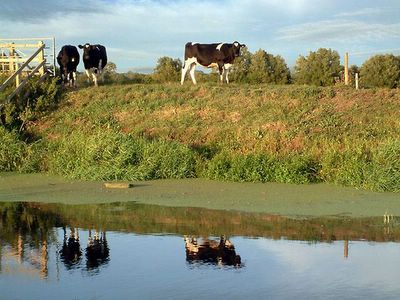
I
I would that folk forgot me quite,
Forgot me quite!
I would that I could shrink from sight,
And no more see the sun.
Would it were time to say farewell,
To claim my nook, to need my knell,
Time for them all to stand and tell
Of my day's work as done.
II
Ah! dairy where I lived so long,
I lived so long;
Where I would rise up stanch and strong,
And lie down hopefully.
'Twas there within the chimney-seat
He watched me to the clock's slow beat -
Loved me, and learnt to call me sweet,
And whispered words to me.





